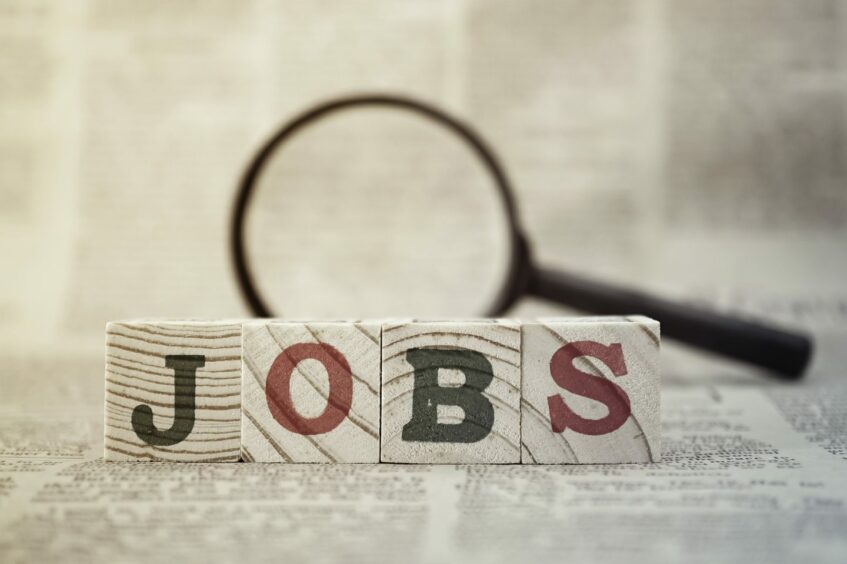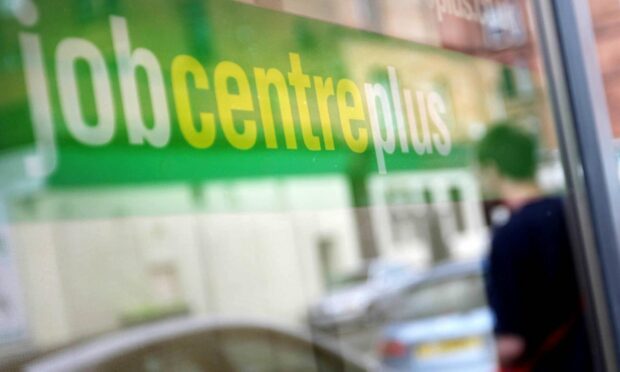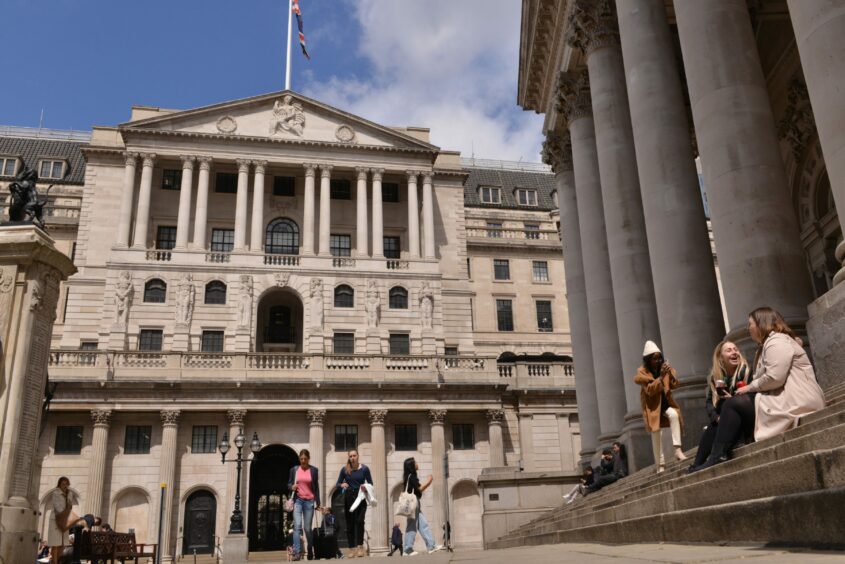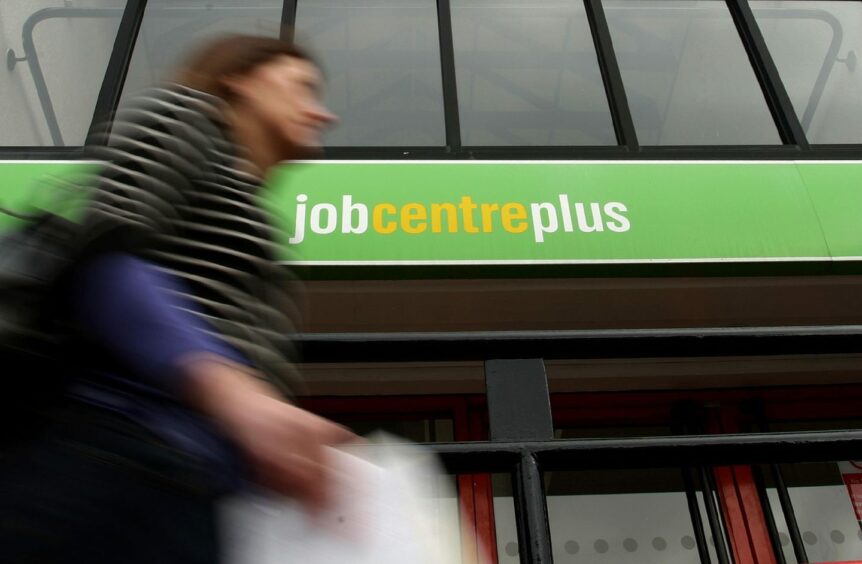Good for jobseekers but worrying for the economy – official figures show unemployment in Scotland fell to a record low in the last quarter.
Across the UK, the latest data showed there were more jobs available than people out of work for the first time since records began in the 1970s.
And while the numbers from the Office for National Statistics (ONS) was, on the face of it, good news for those looking for a new job, it also brought concerns for the health of the economy to the fore as potentially rising salaries fuel inflation.
The number of people unemployed in Scotland hit 88,000, a record low since the current labour force survey series began in 1992.

Meanwhile the number of people who are “inactive” – neither in work or seeking a job – was 21.9%; this is down 0.7%-points on three months before and reverses a rising trend in the wake of the pandemic.
ONS said the unemployment rate for those aged 16 and over between January and March in Scotland this year was 3.2%, which was 0.9 percentage points down on the previous quarter.
Across the UK, the unemployment rate for that age group was 3.7%.
What’s the catch 22?
As the employment market tightened, wages are up but still not in line with soaring inflation.
The ONS said average weekly earnings growth increased to 7% in March from 5% in February but that this was fuelled by one-off bonuses.
Regular pay growth however was 4.2% and well below the rate of inflation which could rise above 9%.

But Kevin Brown, savings specialist at Scottish Friendly, said the rise in wages was small but seemed “good news” for households facing a cost of living crisis, although it risked damaging the economy.
“This is good news for workers as inflation could rise again to as high as 9% in April which will stretch household incomes even further.
“On the face of it wages may be rising sharply, but in reality, with the effects of inflation taken into account real wage growth stands at just 1.4% for Q1 2022.
“Nonetheless, rising wages do pose a real risk to the economy and subsequently consumers.
“The Bank of England fears that a highly competitive jobs market and demands from employees for pay increases to keep up with rising living costs, could lead to a dramatic and sustained wage/price spiral.”
If wages rise, this risks driving inflation higher still – a problem for the Bank of England which sets interest rates.
Andrew Bailey, Governor of the Bank of England, warned yesterday that households could witness an “apocalyptic” shock from rampant inflation, particularly for food.
Brown said keeping the spiral in check rested with employers.
“If businesses do increase wages and push prices up to recoup increased costs, then higher inflation remains far more likely.
“It is a dreadful catch 22 for many hard-pressed consumers as they desperately need help to cope with rising prices but their household finances could end up being squeezed even tighter as a result.”
Economists at EY Item Club insisted the figures meant there was “still little evidence to suggest a wage-price spiral is developing”.
Wage-price spiral?
However, Derrick Dunne, CEO of YOU Asset Management (YOU), said the figures were “problematic”.
“While this might be good news for job-seekers, the number of vacancies, coupled with a record number of job-to-job moves, highlights the pace at which the labour market is tightening month on month.
“This is problematic for two reasons.
“Firstly, a hoard of companies unable to build out their workforce could lead to falling output and, in turn, falling revenues.
“Elsewhere, fewer candidates puts firms under huge pressure to hike salaries in a bid to prevent existing employees from being enticed away by competitors.
“Neither scenario is conducive to future economic growth, which was already shown to be waning in last week’s GDP release.
“What’s more, today’s data shows that wage growth continues to lag behind inflation, setting the chances of the UK descending into a dangerous wage-price spiral ever-higher.”
ONS will also be reporting inflation on Wednesday which could surge to 9.2%.
Will people come back to labour market?
Since the pandemic there has been concern about people falling out of the labour market.
The UK’s shrinking labour force is another reason for worry about increase wage pressure – nor has it been helped by Brexit preventing workers from Europe coming to Britain.
Many of those perceived to be economically inactive since the pandemic are thought to have embraced different life values.
Martin Beck, chief economic advisor to the EY Item Club said it was “not uncommon” for participation in the economy to fall during a recession but the rate of recovery was difficult to predict – although rising inflation may lure people back to work.
“It usually subsequently recovers, albeit the pace at which participation has rebounded in previous cycles has varied significantly,” he said.
“The EY Item Club continues to expect participation to improve, particularly as high inflation affects household finances and a strong labour market tempts people back into work.”
Do you know of anyone who is “inactive” and wants to speak to us? Please contact business@ajl.co.uk



Conversation